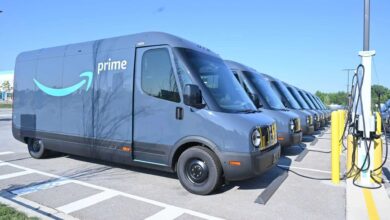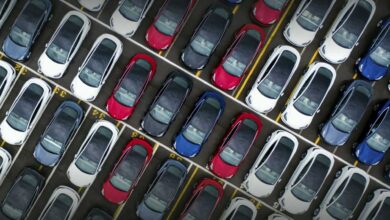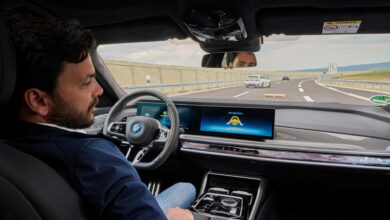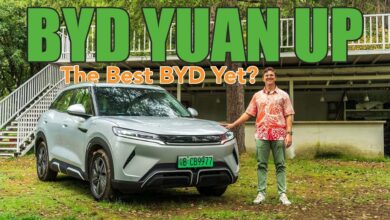Jaguar-Land Rover To Sign EV Platform Sharing Deal With China’s Chery

The Chinese media says Jaguar Land Rover (JLR) is close to signing a deal with Chery (China’s third-largest automaker) to gain access to its EV platforms. The two companies are already working together to build cars in China, so the news isn’t surprising.
This new EV platform-sharing scheme was also confirmed by a company representative whom Reuters quoted during a recent presentation, saying that two premium European automakers were interested in the Chery E0X architecture for high-end cars.
JLR is lagging behind its luxury rivals in terms of EVs
JLR is probably looking to cut corners and quickly gain some of the ground it lost to its rivals from Germany, the US and South Korea that have far more advanced EV projects.
According to CNEVPost, JLR intends to build hybrid and fully electric vehicles on the Chery platform. Future JLR EVs and PHEVs will share the platform and tech with vehicles from Chery’s Exeed luxury brand, but no additional information was shared. There is no time frame for when the first Chery-based JLR plug-ins will debut, but the British automaker has announced that it plans to launch six pure-electric models by 2026 across all its brands.
The first new JLR EV will be an all-electric Range Rover that should be revealed later this year, but we don’t know if it will be built on the Chery platform.
The Jaguar-Land Rover group has been a subsidiary of India’s Tata Motors since 2008, and it has only ever produced one EV, the Jaguar I-Pace. It was also working on a fully electric Jaguar XJ luxury sedan, but the plug was pulled on the project as it was nearing completion, and it left the automaker trailing behind its luxury rivals from Germany, which already have entire lineups of EVs.
JLR rebranded itself last year and announced that Range Rover, Defender, Discovery and Jaguar would be separate sub-brands. JLR and Chery have been in a joint venture in China since 2012, which handles the local production of the Jaguar XF long-wheelbase, the Range Rover Evoque and the Land Rover Discovery Sport.
The company has vowed to only sell EVs after 2023 and reach carbon net zero emissions by 2039 while applying what it calls an Open Innovation strategy to help it get there. This means it is open to collaborating with third parties to cut costs on its end as well as speed up the development of various systems in the areas of electrification, connectivity and sustainability.
Get Best News and Web Services here







